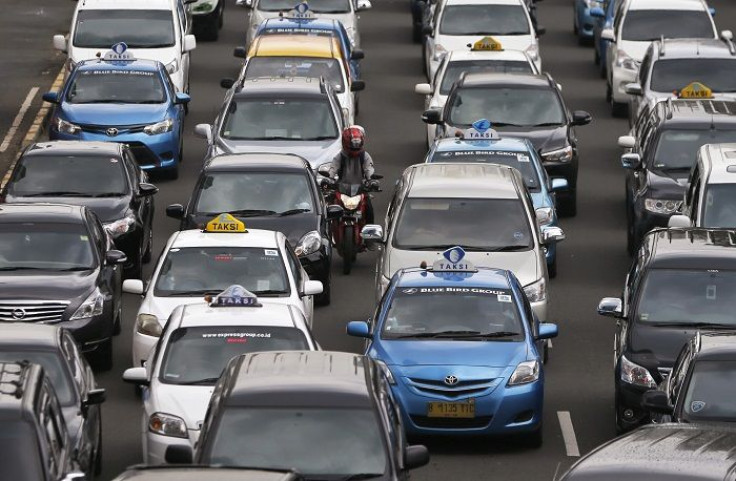South Australia sees opportunity in driverless cars to revive its auto manufacturing base: Urges companies to set up shop

South Australia is excited at the arrival of driverless cars. Beyond the love for a new technology, the state also sees it as an opportunity to restore its glory as the auto hub of Australia and is ready to offer manufacturing facilities for driverless cars. South Australian premier Jay Weatherill appealed to driverless technology companies to set up shop in the state and fill the economic void caused by the exit of many traditional car manufacturers from there.
In 2014, car manufacturers GM Holden and Toyota announced closure of their production in the state. It was a “body blow," according to Weatherill, as Adelaide had to bear the brunt of job losses.
The exit of automakers followed a hike in unemployment rates and it was a 15 years high. The state government now rightfully sees an emerging driverless car industry as a way to rebuild its manufacturing in the state, reports IT News.
Plenty of expertise
Addressing an international symposium on autonomous vehicle technology, the Premier urged new generation automakers to invest in the state.
“If you represent a company or a research organisation and if you are an entrepreneur or an investor in this driverless car industry we’re interested in talking to you,” he said.
Weatherill called cars as "integral to the state’s DNA” and identity.
“The Holden production plant will soon close its doors in Elizabeth, but none of these events mean that we’ve lost our expertise our capability or our appetite to be a player in the car industry,” he said.
The premier said the state was serious about becoming a driverless manufacturing hub, even if it means dominating just a slice of the technology production line rather than end-to-end car assembly.
“That is the way of modern manufacturing - small runs, highly sophisticated products, where relatively high cost jurisdictions - but also high skill and high capability jurisdictions - can get back into the business of manufacturing," he said.
Road infrastructure
To reinforce the international appeal, Southern Australia is also looking to build infrastructure with new road projects to prepare for vehicle-to-vehicle communications.
“When we build new road infrastructure, like the Torrens to Torrens project, the Darlington project and the Northern Connector, we are hardwiring those roadways to be able to bolt on the technology at the point in time we are ready to deploy it,” Transport Minister Mullighan said.
“Just in the last 12 months we have been rolling out blue-tooth receivers across all of our traffic signal boxes in greater metropolitan Adelaide,” he noted.
Volvo Trial
Meanwhile, Volvo conducted the first on-road demo of a driverless car in the Southern Hemisphere on Nov.8 and exhibited the capabilities of its driverless XC90 in Adelaide. The car maker predicted that by 2020, driverless cars will be a regular sight on the roads, provided specific reforms are carried out, Tech Times reported.
The event was held near Lonsdale, in a 7-km section of Adelaide's Southern Expressway and was part of the Australian Driverless Vehicle Initiative (ADVI) and coordinated by the Australian Road Research Board.
"Our Government is providing the conditions for these trials to occur in South Australia because we recognise the immense benefits that autonomous vehicles and intelligent transport systems will bring to our communities," minister Stephen Mullighan said in a statement.
Potential benefits
Driverless cars are encouraged for better fuel economy and less emissions and for higher road safety. In the demonstration, Volvo showcased the autonomous vehicle's adaptive cruise control, active queue assist and automatic lane keeping. Despite being a demonstration, there was a trained operator to oversee everything.
“This demonstration marks the first of a series of research and field trials nationally to identify and assess what needs to be done to make driverless cars appropriate in an Australian context,” said Gerard Waldron, ARRB Group managing director.
Kevin McCann, managing director at Volvo Cars Australia, said European researchers have already laid the road map for driverless cars. However, for growing the autonomous vehicle industry there is a need for amending many legislations.
For feedback/comments, contact the writer at feedback@ibtimes.com.au or let us know what you think below.






